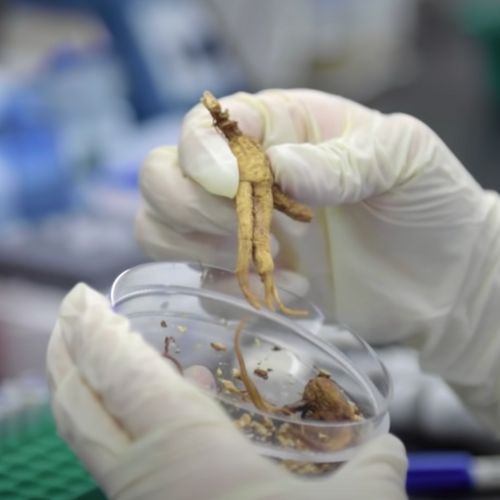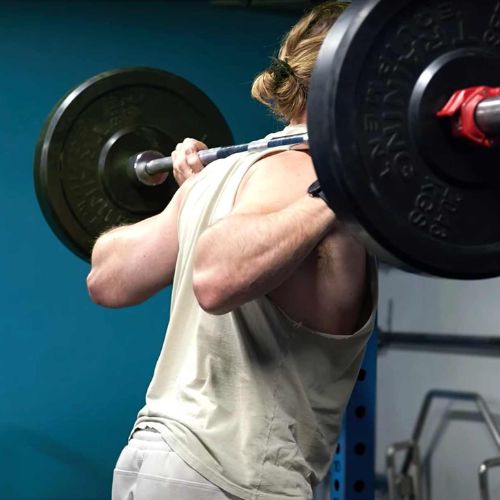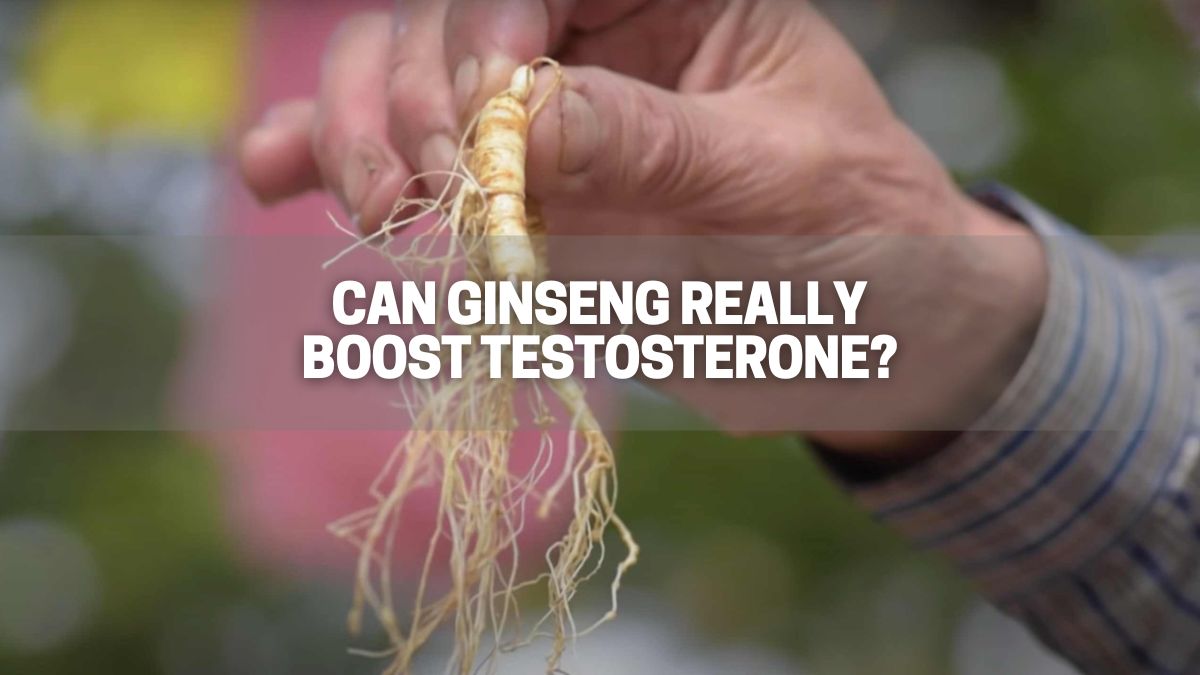Ginseng is an ever increasing supplement ingredient, with the global Ginseng market set to hit $11.7 Billion by 2026. Found in every type of supplement from fat-burners to nootropics, Ginseng has also shown up in Testosterone Boosters. In this piece I’ll set out to lay out if there’s any scientific evidence to support it.
what you need to know
Best-Case Research
If you’re a Ginseng truther, there’s a light on in the scientific community for you. The light was first switched on in a study now many decades old. In research regarding prostate health, tightly linked to testosterone levels, laboratory animals were given Ginseng treatment, and those given the higher dose of Panax Ginseng had “significantly higher” testosterone levels.
Another basis for later Ginseng-Testosterone studies used sixty-six men with infertility were assigned into three groups, one of which was given Ginseng extract. At the end of the study, the Ginseng group had higher free testosterone, higher blood testosterone, and lower prolactin (PRL).
This was an important dual outcome because PRL is the hormone that causes breast tissue to develop. This study not only gave researchers a correlation for further research–that Ginseng does boost testosterone–but gave it a possible mechanism–that Ginseng may be directly impacting the hypothalamic-pituitary-adrenal axis (HPA), where nearly all hormones are produced. The next era of research would try to determine what the impact was.

Negative and No-Result Studies
Here at the Great Green Wall, we’re dedicated to the full scientific story. So we’ll take a quick break from the success-narrative to show two outliers–studies that have shown either no testosterone gains, or even lower testosterone after taking it.
But these two studies need context. In the first case, there isn’t any indication that researchers tested for testosterone, at all. So saying they didn’t see any increase doesn’t actually tell us anything.
In the second case, the men who saw lower testosterone were all bodybuilders–and they didn’t publicly release all their data points. This matters because of something we’ll talk about in the next section, androgen receptors. These receptors regulate our hormone levels, specifically our testosterone levels. If they detect too little or too much testosterone in our blood, they’ll send signals to the rest of our body to increase or decrease production accordingly.
Back to the bodybuilders, it could be that their testosterone levels were already too high. As we’ll see next, it appears that Ginseng helps make our androgen receptors more sensitive. This could mean that if the bodybuilders had T-levels that were too high, the Ginseng simply brought them back to normal.

Science Behind Ginseng and Testosterone
Suspecting that Ginseng affects the HPA axis nice, but determining that mechanism is the real goal. One team of researchers suspected it may be the very small receptors along the axis that determine our current testosterone levels.
In an article recently published by the Journal of Ginseng Research, the authors do an excellent job of explaining the method in which our androgen receptors, mainly through the expression of DHT (5-α-dihydrotestosterone), help regulate our testosterone. Infertility is one of the leading symptoms of malfunctioning androgen receptors.
In their work, these authors go on to cite three different studies that all showed Korean Red Ginseng could help maintain androgen receptor health. This means that if you don’t have low T, Ginseng may not help you produce more; and if it’s too high, it may even lower your total T, as with the bodybuilders.
A very recent study took this hypothesis to the extreme, and gave castrated lab animals Ginseng and studied their androgen receptors. They found that through unique metabolization in the gut, Ginseng can directly improve androgen receptor functions–even in animals without testes.
Odds and Ends
Finally, because we’re passionate about education and science, I’ll add two more case studies that indicate how Ginseng may be able to raise testosterone. In the first, scientists worked off of the well-established correlation that alcohol is bad for fertility. For this experiment, they gave one group of mice saline, one group alcohol, and a third group alcohol and Ginseng. As predicted, the alcohol group had lower sperm outcomes–but the Ginseng group mitigated the effects of alcohol on fertility.
This doesn’t mean you should munch some Ginseng root and go on a bender, but it does indicate, once again, that Ginseng can protect androgen receptor health, even under adverse conditions.

Another study, this time of women from 20 to 50 years old. They found that Ginseng supplementation increases bioavailable testosterone across the board. This research furthers the correlation that Ginseng isn’t acting directly on the testes (as these women have none), or on any male-specific biology, but through helping keep the androgen receptors healthy, and telling the body–male or female–to produce more testosterone when it’s low.
Conclusion
If you’ve been considering a testosterone booster like TestoPrime or Testogen, known for its comprehensive ingredient list, then you should be contented to know that Ginseng has indeed shown to impact testosterone health. It won’t directly lead to more testosterone, unless someone has low T for some other health reason. If that’s the case, from aging or diet or anything else, Ginseng can help improve your androgen receptor’s sensitivity to the Low T, and get your hormones firing again.

